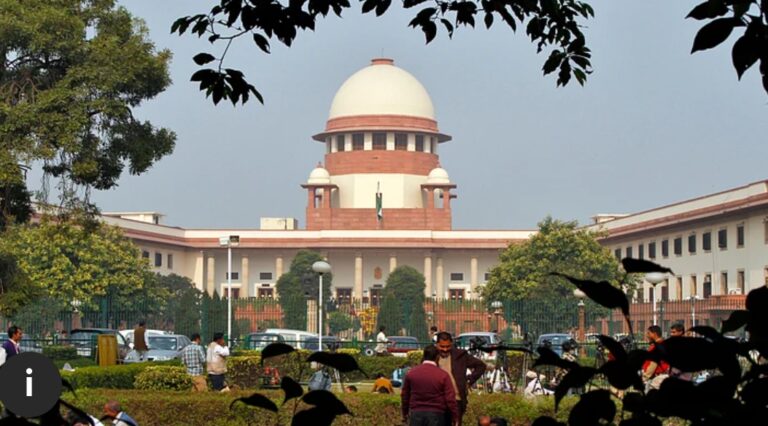In a landmark ruling dated August 26, 2025, the Supreme Court of India in Dogiparthi Venkata Satish and Anr. v. Pilla Durga Prasad & Ors. clarified the legal position of sole proprietorship firms under Indian law. The Court held that a proprietorship is not a juristic person and therefore cannot initiate legal proceedings in its own name, although it can be sued in its trade name under Order XXX Rule 10 of the Code of Civil Procedure, 1908 (CPC).
This judgment removes ambiguity around the legal identity of proprietorship concerns and distinguishes them from other business structures such as companies and partnership firms.
Key Highlights of the Judgment
- Proprietorship is only a trade name
The Court emphasized that a sole proprietorship has no separate legal identity. It is simply a trade name under which the proprietor conducts business. Legally, the proprietor and the firm are the same entity. - Only the proprietor can file a suit
Since a proprietorship is not a juristic person, any lawsuit must be initiated in the personal name of the proprietor, not in the firm’s trade name. - Suing the proprietor is sufficient
The Court clarified that impleading the proprietor is enough to protect the legal rights of parties. Naming the trade name in addition is not mandatory. - Correction of “hyper-technical” interpretation
The Supreme Court set aside the Andhra Pradesh High Court’s ruling, which had dismissed an eviction suit on the ground that the proprietorship firm’s trade name was removed from the case title. The apex court termed such a view as “hyper-technical” and held that no prejudice is caused if the proprietor himself is impleaded.
Facts of the Case
- The appellants, Dogiparthi Venkata Satish and another, leased their property to a sole proprietorship named “Aditya Motors,” owned by Pilla Durga Prasad.
- After the lease expired, the tenant refused to vacate, leading to an eviction suit.
- During the proceedings, the appellants amended the plaint and removed the firm’s trade name, impleading only the proprietor.
- The Andhra Pradesh High Court dismissed the suit, holding that the firm’s name should have remained in the record under Order XXX Rule 10 CPC.
- On appeal, the Supreme Court reversed this decision, making it clear that a proprietorship cannot be treated like a company or partnership and impleading the proprietor alone is legally valid.
Legal Significance
This ruling is crucial for business owners, advocates, and litigants dealing with proprietorship concerns. It establishes that:
- A sole proprietorship has no independent legal personality.
- Only the proprietor can sue, but the proprietorship can be sued in its trade name.
- Courts must avoid dismissing cases on purely technical grounds when the proprietor has already been impleaded.
Conclusion
The Supreme Court’s August 2025 decision provides much-needed clarity on the status of sole proprietorships in India. While proprietorship firms remain a popular business model, they do not enjoy the legal recognition of companies or partnerships. For litigation purposes, the proprietor and the firm are one and the same. This judgment ensures that justice is not denied due to procedural technicalities.
